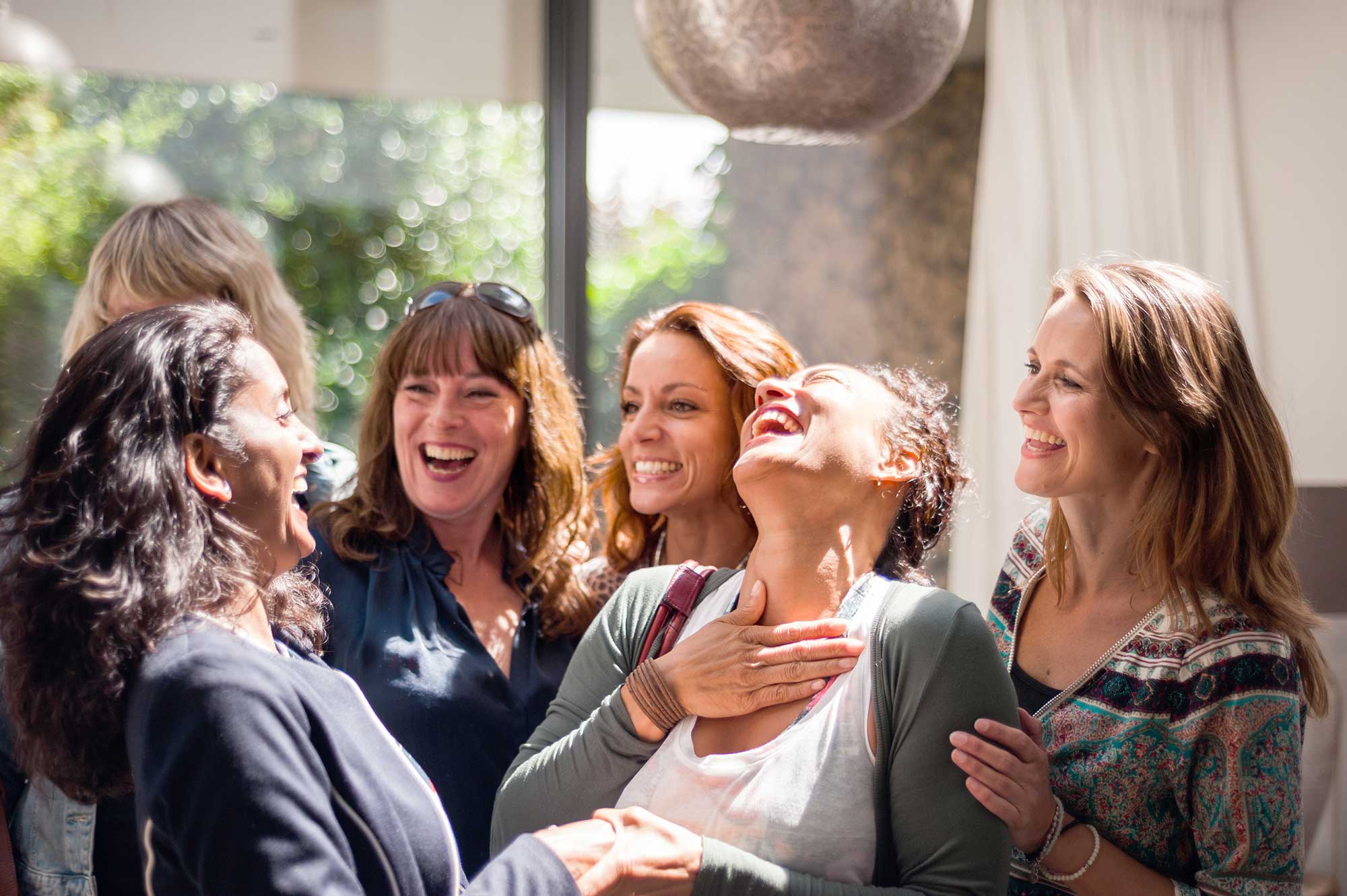For the most part, you’re happy with your life, but sometimes when the bills pile up you find yourself wishing you’d accepted that well-paid job offer in another city.
And while you love your husband, when the two of you are fighting, you can’t help wondering whether life would have been easier if you’d stayed with that sweet boyfriend you had back in your twenties.
Regrets – we’ve all had a few.
According to 2011 research, the most common regrets are around relationships, including lost loves and unfulfilled romances, as well as financial decisions, parenting mistakes, missed educational opportunities and family arguments.
Another US study found people tend to regret things they didn’t do more than they regret what they did do – even when it turned out badly.

Trish Everett, a mindset coach who helps people build inner leadership, says it’s the way you use regret that determines whether it keeps you playing the ‘if only’ game seemingly endlessly, or whether it helps you move forward.
“Regret can be very powerful in self-reflection if it’s part of a process of looking at what you want to do differently,” she says.
“For example, if someone’s feeling regret that they haven’t spent their time well, that they’ve been too caught up in the busyness and the achieving, and then realising that their marriage is breaking up and they don’t really know their kids, having regret in that place can become an impetus to make changes.
“Whereas if it comes up and people just stay in that place of regret, it can be really damaging.”
How to release yourself from regret
Trish Everett says letting go of regret requires you to look beneath the surface.
“Once you feel the regret and you take it in and you notice what it’s about, then it’s done its job,” says Trish.
“Give yourself permission to let go of it then and there. Letting go of it can be as simple as getting back to the present and breathing it out. You can even say to yourself, ‘I let this regret go’.”
She warns that it won’t go away if there’s still a lesson to be learned from what happened. In that case, you need to dig a little deeper – Trish recommends journaling or talking to someone about it.
“You can even just ask yourself these questions: What is the behaviour that I really don’t want to keep doing? What difference has doing this behaviour made? Really hone in on that.
“And then look at: What would I have liked to have done? So you’re moving from ‘This is what I’ve done’ to ‘This is what I can be doing.'”
Once you’ve figured out the changes you want to make, practising them in advance can be helpful.
“For example, if yelling at your partner is the behaviour you would like to change, often with yelling, people don’t speak their truth until it gets to a point where it boils up and explodes out of them,” explains Trish.
“If that’s the realisation, then maybe the behaviour is to try to speak a little bit more of your truth every day. Notice when you’re not speaking up, and if you can’t say it to your partner, write it down. You practise the skill so when things get harder you have that as a basis.”

Silencing your inner critic
While most people can name at least one thing in their past they wish they could change, not everyone lets that get them down.
Trish says people who have a strong pattern of regret are often the types who tend to beat themselves up – something she calls the ‘inner critic’.
“It’s that inner voice pointing out the things that we’ve done wrong,” she says.
“It’s supposedly helping us not make the same mistakes again – but it’s not always in the most positive way.
“Usually people who have regret will not just have one regret, and it will be [part of] a pattern – at any moment, they will be regretful about something,” she says.
“It could be as little as staying up really late last night so they couldn’t get up this morning. For some people that would be just like, ‘Oh, silly me’, but others can really take it to heart. It tends to be a pattern of not feeling like they’re empowered in their life.”
By contrast, she says, “If someone feels empowered, they don’t really have regrets because they see everything that happens as a stepping stone to being more empowered. They feel that they’re in control, and if that moment of regret or reflection rolls in, an empowered person will think, ‘What can I do to change things?'”
As tempting as it is to look back on the past and think our lives could be better if we’d done things differently, Trish says we can take charge of this unhelpful cycle by learning how to enjoy our lives more in the present.
“I think regret is just another tactic we have for not facing the present,” she states.
“It’s easy to go, ‘It was so fantastic with that boyfriend when I was 23’, but there was a reason it didn’t work out. It’s hard to be present because when things are painful, you have to face them. It’s really easy to click into the ‘grass is greener’ scenario.
“There’s no way that we can make changes without going into whatever is in the present that we’re trying to avoid.”

How to change your perspective of regret
Changing your perspective can help you change the way you feel about your past, Trish says.
“Regret is very much about all the negative stuff that you see as having been done,” she explains.
“It’s really important to balance it with looking at all the positives. What were the good things that came out of what happened? What were the good things that you learned about yourself? What were the positive outcomes and aspects from it?
“Try and see it in a fuller picture. It’s not to say that the negative stuff wasn’t there but we’re wanting to see it in a more whole picture.”
Psychologist Marny Lishman says we should hold some compassion towards ourselves for not knowing then what we know now.
“We need to remember that we make decisions in moments in time with what information we have at the time,” she says.
“Hindsight is a wonderful thing, but it’s easier to look back on life and say we would do it differently when we have more information to go on.”
Quick ways to reframe regret
Psychologist Marny Lishman’s tips for approaching regret:
Ask yourself, what can you learn from that experience so you can apply the learnings in your life now?
Be kind to yourself – you did what you could at the time with what you knew at the time.
Realise that often it’s not too late to rectify some situations, and make them right. It might be recontacting people or undertaking a ritual.
Talk to a psychologist to help you process and reframe some past events.
 Getty Images
Getty Images



